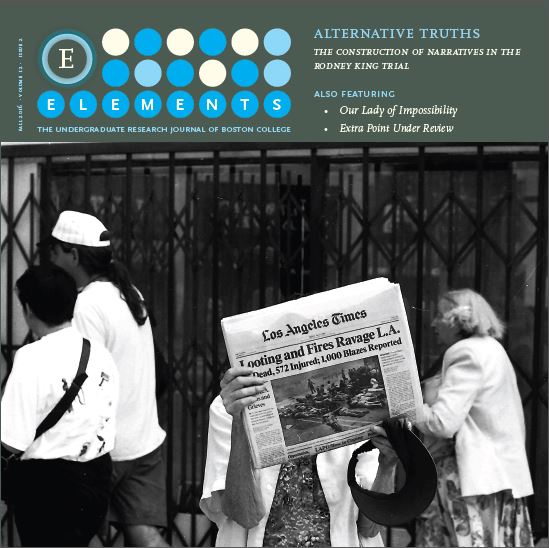Thank You for the Music: Musical Activities as Therapy for Autistic Children
DOI:
https://doi.org/10.6017/eurj.v12i2.9353Keywords:
music therapy, music, autism, children, therapyAbstract
Music therapy, developed over the years by numerous musicians and educators, such as Carl Orff, Jacques-Dalcroze, and Kodaly, have proven to stimulate social interaction, improve selective attention and aid in numerous other developmental milestones. These findings are not only important for parents and school curricula, but also have profound meaning for children with autism. Numerous studies, including work done by Koelsch, as well as Winsler, Ducenne, and Koury, found that children who participated in a music and movement program developed greater self-regulation skills, such as private speech, showed greater improvement in coordination, and fostered positive social interaction between researcher and subject. Autistic children who were exposed to music therapy held eye contact longer, engaged in dialogue, and reduced negative behaviors such as head-banging, avoidance, or self-stimulatory behaviors. Diverse methods of music therapy, including playing instruments, listening to sounds, and other musical activities, could greatly improve the social, emotional, and educational development of autistic children.Downloads
Published
2016-11-13
How to Cite
Gawlick, N. (2016). Thank You for the Music: Musical Activities as Therapy for Autistic Children. Elements, 12(2). https://doi.org/10.6017/eurj.v12i2.9353
Issue
Section
Articles
License
Copyright (c) 2016 Natasza Gawlick

This work is licensed under a Creative Commons Attribution 4.0 International License.

